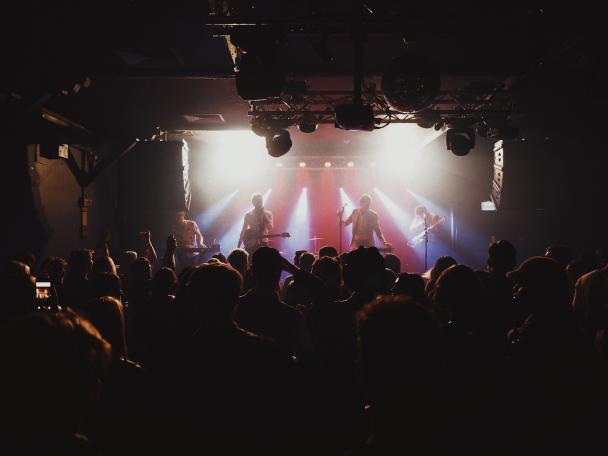A team of German scientists have found that live music carries a “low to very low” risk of spreading coronavirus.
The experiment took place earlier this year, with a team from Martin Luther University Halle-Wittenberg focussing on a variety of scenarios.
1400 volunteers descended on Quarterback Immobilien Arena in Leipzig, Germany for a highly unusual 10 hour performance, which featured German pop singer Tim Bendzko.
The results – chaired by Dr. Stefan Moritz, the head of the University’s clinical infectious diseases department – have now been published online.
The study simulated different environments across the 10 hour spell, and found that the risk of spreading coronavirus at indoor concerts is “low to very low” – providing the venue limits capacity, hygiene rules are followed, and good ventilation is secured.
Dr. Michael Gekle, one of the team’s researchers, commented in the New York Times: “There is no argument for not having such a concert… The risk of getting infected is very low.”
The study has yet to be peer reviewed – it should be noted that a 10 hour concert with restricted capacity isn’t a ‘normal’ event, as we have become used to them.
Find the study in full HERE.
Join us on the ad-free creative social network Vero, as we get under the skin of global cultural happenings. Follow Clash Magazine as we skip merrily between clubs, concerts, interviews and photo shoots. Get backstage sneak peeks, exclusive content and access to Clash Live events and a true view into our world as the fun and games unfold.

